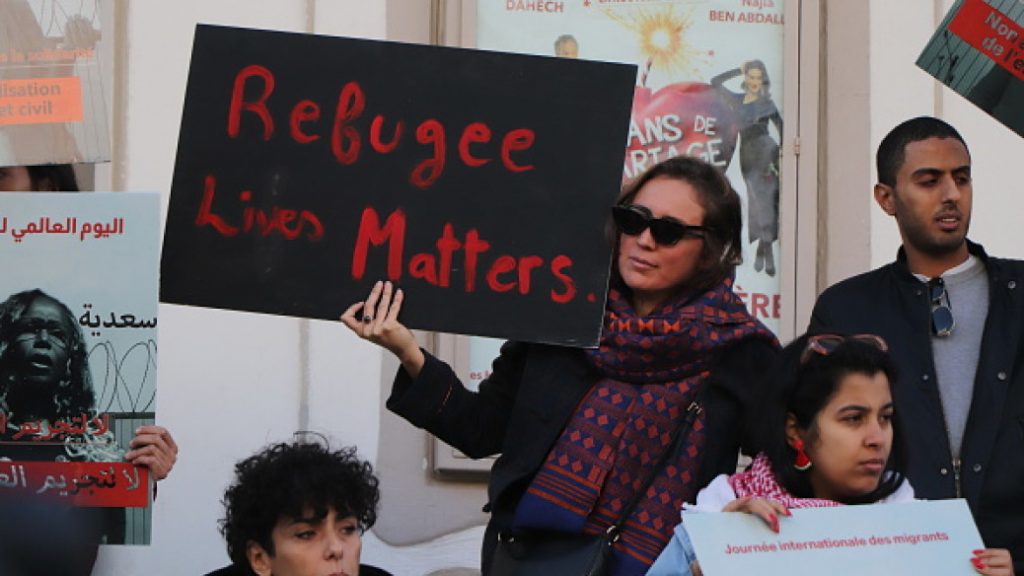Human Rights Watch has asked the Tunisian government to drop the charges against a group of aid workers who help migrants and refugees. The organisation says the case is part of a growing effort to silence and punish groups that support vulnerable people. According to Human Rights Watch, Tunisia is trying to “criminalise legitimate work” done by organisations like the Tunisian Refugee Council.
The aid workers on trial belong to the Tunisian Refugee Council, which works closely with the UN refugee agency UNHCR. Their job has been to screen asylum applications and provide basic support to people fleeing danger. Tunisian rights groups have also spoken against the trial, saying it is wrong to punish people for helping migrants and refugees. Lawyers for the workers explain that the TRC always acted legally and followed all approved procedures.
The case has raised major concerns because two key workers, the TRC head Mustapha Djemali, who is 81 years old, and project manager Abderrazek Krimi, have been held in detention for over a year and a half. Three other TRC employees were also charged, but they were not detained. All five of them are accused of “sheltering” migrants and “facilitating illegal entry” into Tunisia, charges that Human Rights Watch strongly rejects.
Human Rights Watch has called on the Tunisian authorities to “drop the unfounded charges” and stop attacking the important work of groups that support asylum seekers. The organisation says the TRC provided essential services and operated legally with accredited international partners. According to HRW, targeting such organisations makes it hard for refugees and asylum seekers to get the help they urgently need.
Why is Tunisia taking these actions against aid workers? One reason is that migration is a sensitive and politically charged issue in the country. Tunisia is one of the main transit points for Africans trying to reach Europe, and this situation often creates tension.
Why does this case matter?
It matters because punishing groups that assist migrants could leave thousands of people without protection, especially those fleeing war, violence, or poverty.
The accused were arrested in May 2024 along with other humanitarian workers, including members of the French group Terre d’Asile, and the anti-racism organisation Mnemty, both of which are also waiting for their trials. This wider crackdown began after President Kais Saied made comments in February 2023 claiming that migrants from sub-Saharan Africa were a threat to Tunisia’s population. His remarks triggered violent attacks, evictions, and job losses for many African migrants living in the country.
Following this, thousands of migrants tried to return home or attempted dangerous journeys across the Mediterranean. Others were pushed to the desert borders with Algeria and Libya, where many suffered, and at least one hundred people died. This happened at the same time the European Union increased its efforts to reduce migration, including a €255 million agreement with Tunisia to limit arrivals.
As the trial continues, many human rights groups fear that this case will discourage organisations from helping migrants in need. They warn that the people who will suffer the most are the refugees and asylum seekers who rely on these services for safety and survival.

